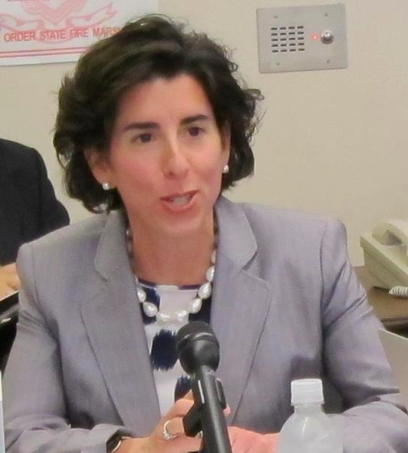
The price of oil dropped below $45 per barrel on Tuesday, and many Americans are undoubtedly enjoying the price drop – at least when they are filling up at the pump.
But the drop is causing “a lot of concern” for institutional investors, according to a Pensions & Investment report.
From Pensions & Investments:
The impact of low oil prices is mixed, but already are being acknowledged and felt by institutional investors.
“There is a lot of concern from clients,” said Tapan Datta, London-based head of asset allocation at Aon Hewitt. He said discussions are taking place among investors, looking at how to “protect themselves if things go seriously wrong. There is no doubt that it should be considered.”
One of the main concerns for pension funds would be the link between falling oil prices and lower inflation.
Pension fund liabilities are where the oil price drop could “bite,” said Mr. Datta, with falling inflation leading to even lower bond yields, and a subsequent rise in liabilities.
“Everybody is worried that the price (of oil) doesn’t seem to have a floor at the moment,” added Alastair Gunn, U.K. equities portfolio manager at Jupiter Fund Management PLC in London. “It is making equity holders quite jittery about dividends, and is making bondholders jittery about the risk of defaults.”
Pension fund executives are certainly paying attention. Ricardo Duran, spokesman for the $189.7 billion California State Teachers’ Retirement System, West Sacramento, said the bulk of the fund’s oil holdings are in the global equity and fixed-income allocations. As of Dec. 31, the $107.8 billion global equity portfolio invested about 5.9% in the oil and gas sector, covering areas such as exploration and production, refining and marketing, and storage and transportation, he said. That equates to about $7 billion.
Just less than 8%, or about $1 billion, of the $13.4 billion fixed-income credit portfolio is in oil, invested mostly in the independent and integrated energy sectors, in midstream holdings, oil field services and refining, he said.
“(The falling oil price) has exerted a downward pressure on the portfolio,” the spokesman added in an e-mailed comment.
CalSTRS executives are “closely monitoring the situation before determining what, if any, moves to make,” said the pension fund spokesman. “CalSTRS is a long-term investor and, while the drop in oil prices has been a cause for some concern, we have to balance that against growth opportunities the situation may create in other sectors of the economy in which we’re also invested.”
Several pension executives told P&I that, although they are watching oil carefully, they still retain the mindset of long-term investors.
Photo by ezioman via Flickr CC License
 On the heels of the resignation of Virginia Retirement System director Robert P. Schultze, the system’s trustees have named a new acting director: Patricia S. Bishop, who also serves as VRS’ deputy director.
On the heels of the resignation of Virginia Retirement System director Robert P. Schultze, the system’s trustees have named a new acting director: Patricia S. Bishop, who also serves as VRS’ deputy director.






